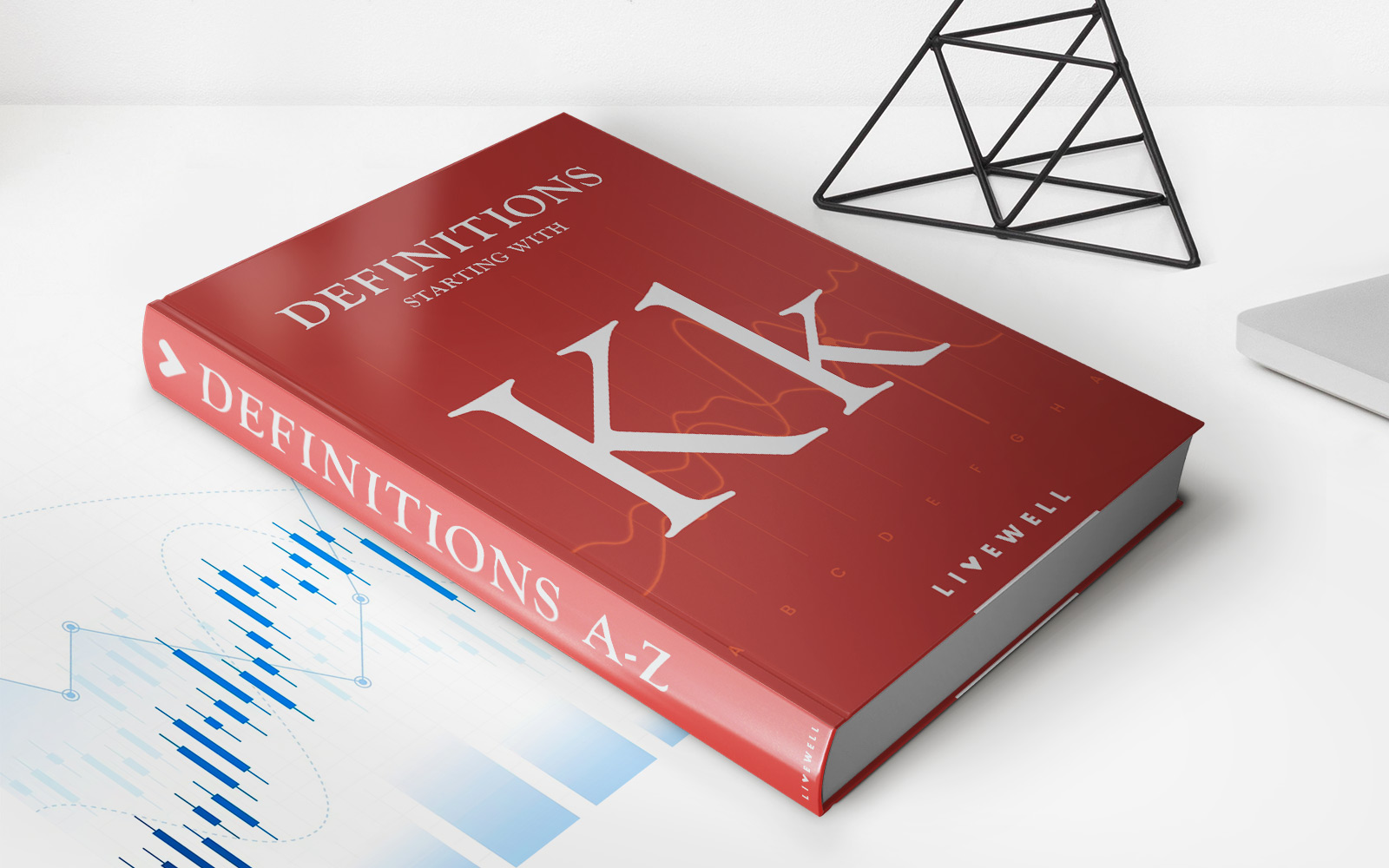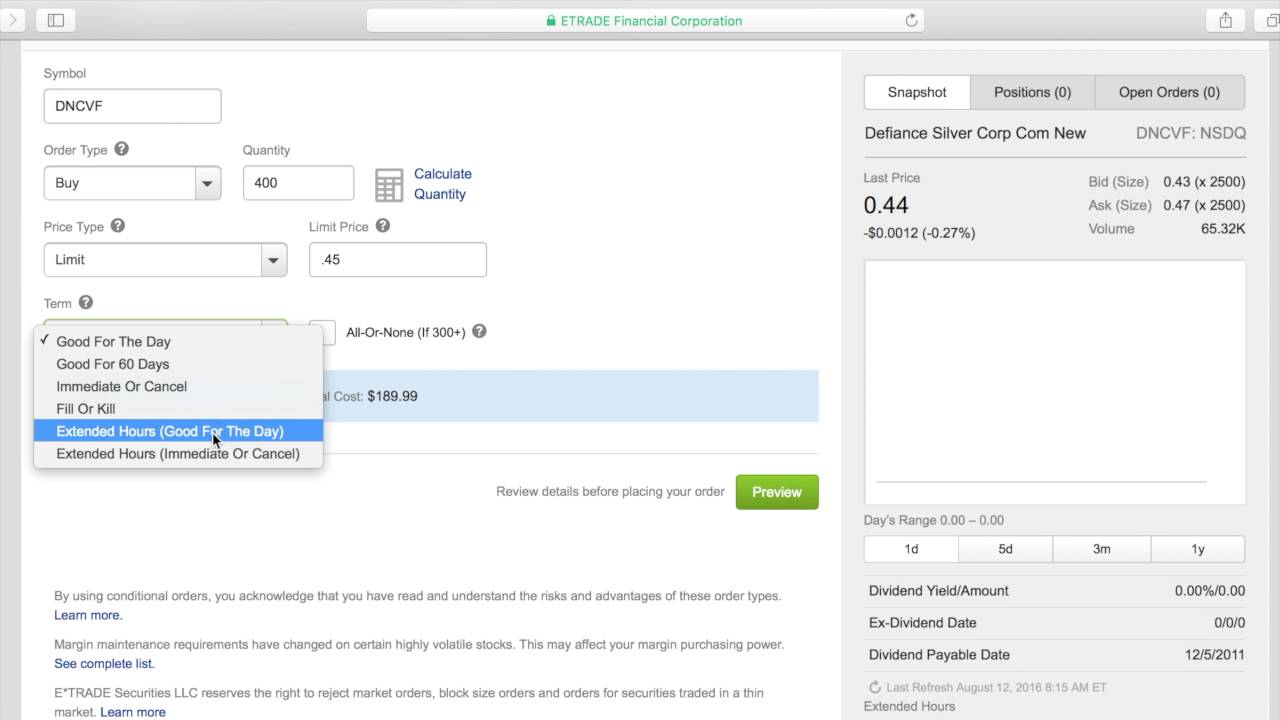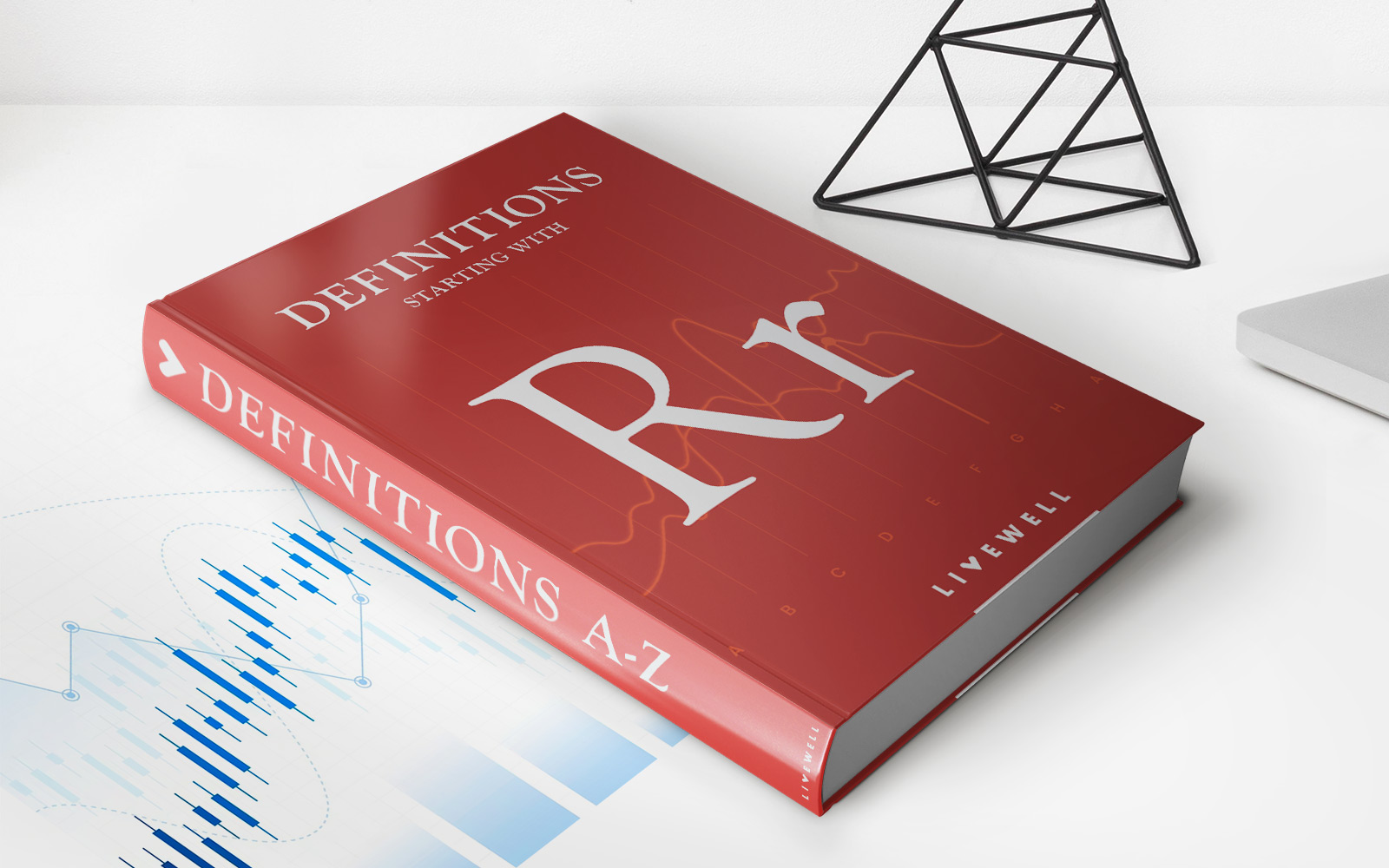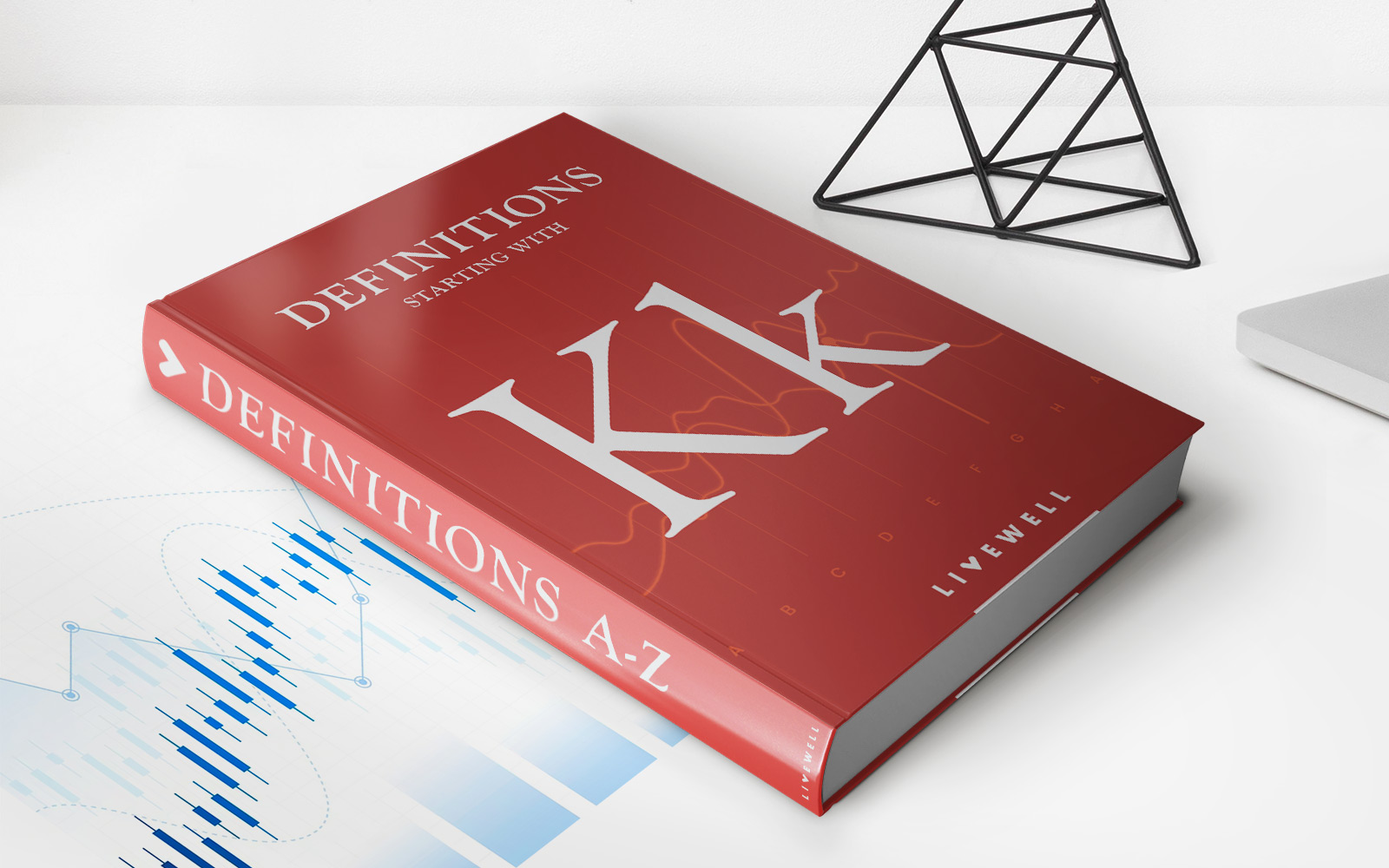Home>Finance>Buy-Sell Agreement Definition, Types, Key Considerations


Finance
Buy-Sell Agreement Definition, Types, Key Considerations
Published: October 21, 2023
Looking for a comprehensive buy-sell agreement? Learn the definition, types, and key considerations in finance to make informed decisions. Simplify your buying and selling process today!
(Many of the links in this article redirect to a specific reviewed product. Your purchase of these products through affiliate links helps to generate commission for LiveWell, at no extra cost. Learn more)
Buy-Sell Agreement: Definition, Types, and Key Considerations
When it comes to planning for the future of your business, a buy-sell agreement is a crucial tool to consider. These agreements, also known as a buyout agreement, provide a framework for the orderly transfer of ownership in the event of a triggering event, such as retirement, disability, or the death of a business owner. In this article, we will delve into the details of buy-sell agreements, exploring their definition, types, and key considerations.
Key Takeaways:
- A buy-sell agreement is a legally binding contract that outlines how a business owner’s shares or interest in a company will be transferred in the event of a triggering event.
- There are three common types of buy-sell agreements: entity (or stock) redemption, cross-purchase, and hybrid.
Definition
A buy-sell agreement is a legally binding contract that stipulates how a business owner’s ownership interest will be valued and transferred in the event of a predetermined triggering event. These agreements are instrumental in ensuring a smooth transition of ownership and maintaining the financial stability of the business. They offer protection to all parties involved: the departing owner, the remaining owners, and their respective families.
Types
There are three primary types of buy-sell agreements:
- Entity (or Stock) Redemption: In this type of agreement, the business itself has the obligation to buy the shares of the departing owner. The remaining owners maintain their ownership stake, and the redeemed shares are retired, effectively reducing the total number of shares outstanding.
- Cross-Purchase: In a cross-purchase agreement, each owner agrees to buy the shares of the departing owner. This results in a direct transfer of ownership from one owner to another without involving the business entity itself. As a result, the remaining owners’ ownership stakes increase proportionally to the shares they acquire.
- Hybrid: A hybrid buy-sell agreement combines elements of both entity redemption and cross-purchase agreements. In this type of agreement, there is flexibility in determining who has the right to buy the shares, allowing for a more customized approach based on the specific needs and circumstances of the business.
Key Considerations
When drafting or entering into a buy-sell agreement, several key considerations should be taken into account:
- Valuation Method: Clear guidelines on how the value of the departing owner’s shares will be determined is crucial. Various valuation methods, such as appraisals or predetermined formulas, can be used.
- Funding Mechanism: Consider how the buyout will be funded. Common funding mechanisms include cash reserves, installment payments, life insurance, or a combination of these.
- Triggering Events: Clearly define the triggering events that will activate the buy-sell agreement, such as retirement, disability, death, or the desire to exit the business voluntarily.
- Dispute Resolution: Establish a dispute resolution process to mitigate potential conflicts that may arise during the implementation of the buy-sell agreement.
By carefully addressing these considerations, business owners can ensure that their buy-sell agreements provide clarity, fairness, and protection for all parties involved.
In conclusion, a buy-sell agreement is an essential component of any business succession plan. It provides certainty and peace of mind to business owners, protects the interests of remaining owners, and ensures the continuity of the business. By understanding the different types and key considerations, business owners can navigate the complexities of buy-sell agreements and make informed decisions for the future of their organizations.














